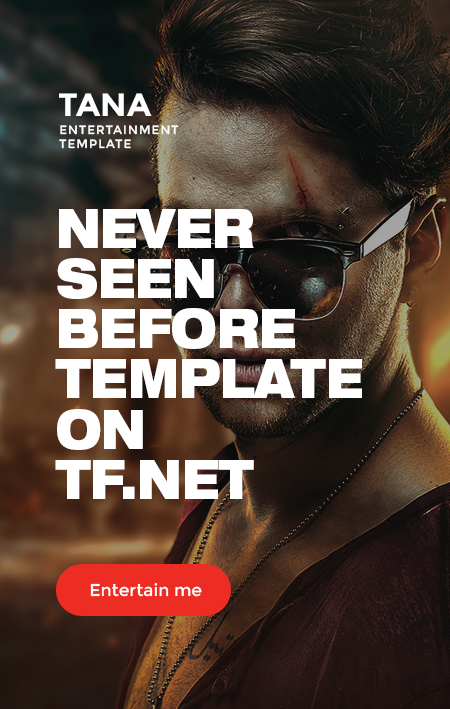In recent years, the Nigerian queer community has sought digital safe spaces, both as an alternative to the physical spaces they cannot occupy due to the SSMPA legislation, as well as a way to platform their voices and tell their stories themselves. Recent years have seen queer Nigerians raise their voices in uproar against homophobic violence, as well as use hashtags like #NaGayDeyReign and #EndHomophobiaInNigeria to campaign against and draw attention to particular issues plaguing the community. As these voices are raised and these stories are told, there is a part of the community that is still, unfortunately, constantly relegated to the background: the Nigerian transgender community. The Nigerian trans community is, in many ways, a small community; marginalized within an already marginalized community. Not enough of their stories are told, and not enough of their voices are platformed.
Pride Month—which is June—often serves as a chance to look back at queer history, in order to appreciate how far we have come as a community. It is also a chance to pay respects to the many who have contributed to the community’s visibility, helped ease the marginalization of others, and who exist loudly, offering hope to the community. To this effect, we are highlighting four notable trans Nigerians who have helped increase the visibility of this marginalized group, whose work has offered the trans—and larger queer—community hope, and who have bravely told stories that humanize and celebrate the other.
Kehinde Awofeso
Most people know Kehinde Awofeso is a visual artist before they find out about his gender identity and gender expression. The artist challenges all the stereotype of what gender should look like and how it should be performed in his life and his work. He has exhibited at the Revolving Art Incubator, exhibitions that map then rubbish the limitations of ‘acceptable’ gender expression, offering himself as a disruption of the silence that is expected of trans people who pass as their chosen gender.
We are inspired by his bravery, his activism, his willingness to express himself through his art and start important, yet difficult conversations.
Idris ‘Bobrisky’ Okuneye
Bobrisky has dubbed herself “the most talked-about,” and for good reason. Although she first came into the public eye because of her infamous bleaching creams and how quick she was to reply to every scathing criticism with an even more scathing retort—a trait that she still possesses even years after being in the public eye—Bobrisky has grown into a cultural icon. She has inspired many social media slangs and parlances, and has been the inspiration behind and subject of countless memes and reaction videos on social media. Hardly a month goes by when she doesn’t top the list of trending topics on Nigerian Twitter. As one of the first and few trans Nigerians to exist in the public eye, especially as she has publicly gone through the process of transitioning and coming to terms with her identity as a trans woman, Bobrisky continues to inspire many trans youths, showing them that they are valid and they can exist loudly.
Akwaeke Emezi
When the decade rolled to an end last year, many writers and publications shared their favorite books released from the decade and Akwaeke Emezi’s literary debut Freshwater was one that found its way to many of such lists. Freshwater—a startling story that showcases Emezi’s superb storytelling and use of language—is a story of embodiment and otherness, anchored on several traditional Igbo elements. Perhaps it is the story’s otherness, perhaps it is the author’s non-binary identity, or how they accept all their identities—Tamil & Igbo, non-binary, ogbanje—but Akwaeke has become something of a literary and queer icon for many young Nigerians at home, and Black people in the diaspora. Emezi’s ability to contextualize in traditional elements what would be “other” from a Western perspective, introduces such elements to audiences to whom they would have otherwise remained foreign. Their work helps Nigerians to see and explore pre-colonial perspectives of gender, queerness and otherness in a familiar setting, providing a much-needed form of representation.
Dandelion Eghosa
Genderqueer twenty-six-year-old Dandelion Eghosa mixes varying mediums—photography, collage, poetry, and film—to tell stories of marginalized people in Nigeria, as well as confront the social norms within their community. It is near impossible to overstate the importance of artists like Eghosa, who push the envelope when it comes to conversations and stories about marginalized people, especially in a country like Nigeria where the mainstream media sidesteps the stories of marginalized communities. Such stories, when told at all, are handled without the sensitivity they deserve. It is this sensitivity in approaching Afro-LGBTQ experiences that sets out the non-binary artist from others.
Jay Boogie
Unfortunately, we live in a world that feels the need to pit two bad bitches against each other. This is why when Jay Boogie—a trans woman, makeup artist and content creator living in Port Harcourt—got popular on the internet last year, she was immediately compared to Bobrisky. The comparison had one upside: we all got to discover who Jay Boogie is. The young trans woman, like many other queer and trans Nigerians, faces abuse from internet trolls, homophobes and transphobes, which has led her to keep her social media pages private, to reduce the amount of vitriol she gets. But still, she remains a favorite to be bullied by gossip Instagram pages like Instablog9ja. For trans people like Jay Boogie, their activism is not in community organizing but rather in existing visibly, proudly and loudly. By existing the way they do, transgender women like Bobrisky and Jay Boogie show the middle finger to a cisheteronormative world that would rather have them present as a gender they do not identify with.
Vincent Desmond is a writer and journalist who mostly covers fashion, identity and pop culture.
He can be found on Instagram @vincentdesmond_






Leave a reply